
Satsuma’s STS101 nasal powder becomes the first and only DHE nasal powder for the acute treatment of migraine with or without aura in adults.

Satsuma’s STS101 nasal powder becomes the first and only DHE nasal powder for the acute treatment of migraine with or without aura in adults.

Lewis B. Morgenstern, MD, reflects on his SEQUINS Hall of Fame recognition, the importance of health equity research, and his ongoing efforts to reduce stroke disparities.
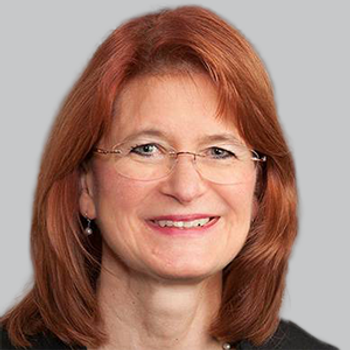
Cheryl Bushnell, MD, MHS, a professor of neurology at Wake Forest University, discussed her SEQUINS Hall of Fame recognition, her work on sex differences in stroke risk, and her ongoing efforts to improve stroke care equity.

Overall, Vidofludimus calcium demonstrated a 20% reduction in confirmed disability worsening events and modest benefits on brain volume change in patients with progressive multiple sclerosis.
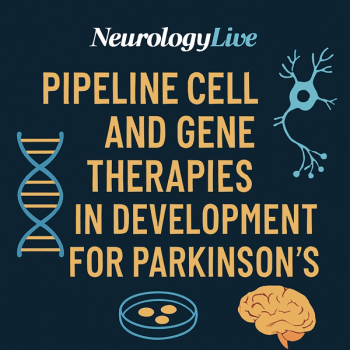
Explore the latest advancements in cell and gene therapies for Parkinson disease, featuring cutting-edge treatments and clinical trial updates from top innovators in the field.
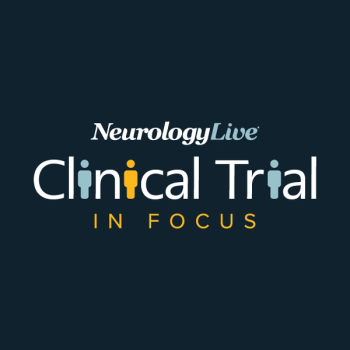
The REGENERATE-PD trial is a phase 2 study assessing the safety and efficacy of the investigational gene therapy AB-1005 in patients with moderate-stage Parkinson disease.

Administered intravenously in a single-dose vial, nipocalimab becomes the second FDA-approved therapy for common forms of generalized myasthenia gravis, and the first for younger patients living with the disease.
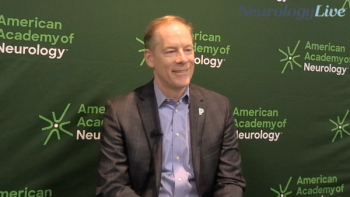
The chief scientific officer of the Parkinson’s Foundation talked about how broad genetic testing through PD GENEration is uncovering valuable prognostic and diagnostic insights in Parkinson disease. [WATCH TIME: 4 minutes]

Renowned migraine specialist Stewart Tepper, MD, highlighted the groundbreaking FDA approval of CT-132, the first digital therapeutic for migraine prevention, and what it means for clinicians, patients, and future care models.
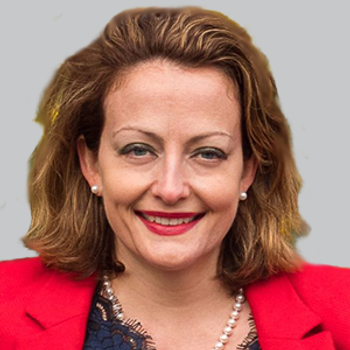
A new meta-analysis revealed that the efficacy of MRI-guided focused ultrasound decreased over time in essential tremor, with sensory symptoms and unsteadiness as common adverse effects.
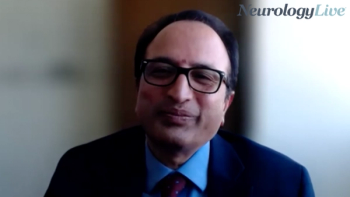
The division chief of neurology at Nemours Children’s Hospital discussed evolving surgical techniques, neuromodulation therapies, and precision medicine approaches for complex epilepsy cases. [WATCH TIME: 5 minutes}
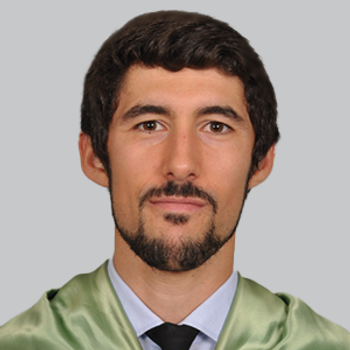
A recently published meta-analysis reported that fatty acid supplementation, particularly omega-3, may significantly reduce severity, duration, and frequency of migraine in patients.
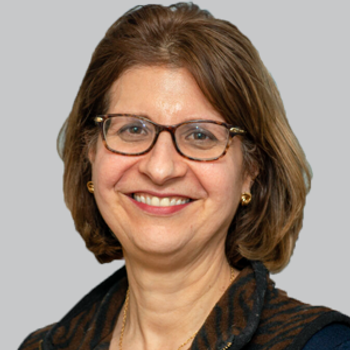
Pooled analysis from KINECT-3 and KINECT-4 confirms valbenazine’s long-term safety and efficacy in managing tardive dyskinesia in elderly patients.
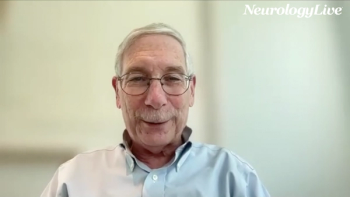
The professor of neurology at the Geisel School of Medicine at Dartmouth discussed the clinical rollout of CT-132, a newly FDA-approved digital therapeutic for migraine, and the educational needs facing the neurology community. [WATCH TIME: 4 minutes]
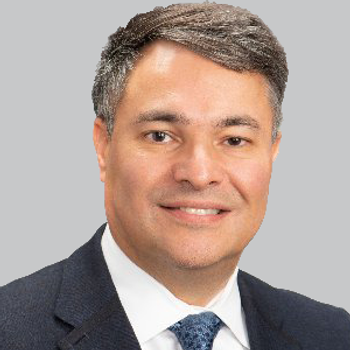
The ZEISS INTRABEAM 700 advances neurosurgical oncology by enabling precise intraoperative radiotherapy delivery, improved workflow efficiency, and enhanced collaboration between neurosurgeons and oncologists.
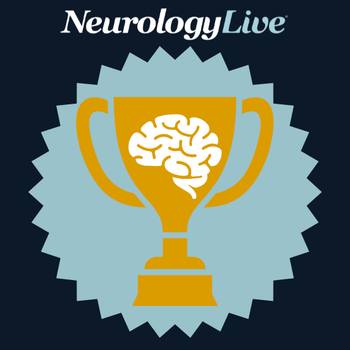
Bruce Bebo, PhD, and Amit Bar-Or, MD, FRCPC, FAAN, FANA, discussed the impact of the John Dystel Prize on multiple sclerosis research and its role in shaping future clinical advancements.
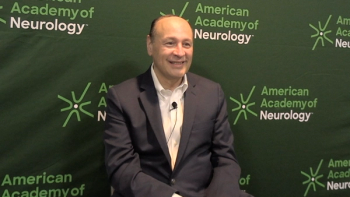
Pagan offered advice to early-career neurologists on how to stay current in the rapidly evolving field, emphasizing the importance of attending meetings and continuing education.

Sumaira Ahmed, founder and executive director of The Sumaira Foundation, discussed how FDA-approved therapies transformed the NMOSD treatment landscape and highlighted ongoing challenges in patient care.
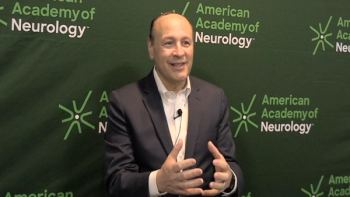
Pagan talked about discussed pharmacokinetic-pharmacodynamic data supporting the use of amantadine ER for dyskinesia in Parkinson disease and compared the safety profiles of rasagiline and safinamide to guide add-on therapy decisions.

Here's some of what is coming soon to NeurologyLive® this week.
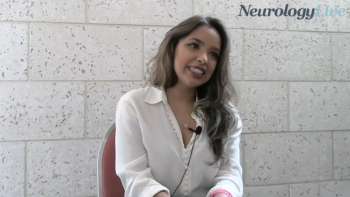
The founder and executive director of the Sumaira Foundation emphasized the critical role of lifestyle factors such as sleep, exercise, and nutrition for maintaining brain health in patients with NMOSD. [WATCH TIME: 3 minutes]

Among patients with BAD, 20.4% on argatroban plus DAPT experienced early neurological deterioration vs 47.1% on DAPT alone, and 87.8% vs 68.6% achieved excellent 90-day outcomes.

Test your neurology knowledge with NeurologyLive®'s weekly quiz series, featuring questions on a variety of clinical and historical neurology topics. This week's topic is on non-active secondary progressive multiple sclerosis.

In a large Swedish MS cohort, higher combined intake of lean and oily fish was linked to significantly reduced risks of confirmed disability worsening and EDSS progression, independent of lifestyle factors.
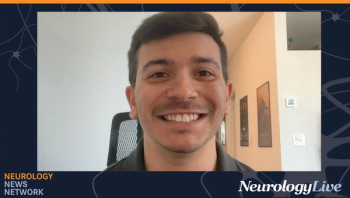
Neurology News Network. for the week ending April 26, 2025. [WATCH TIME: 3 minutes]

Take 5 minutes to catch up on NeurologyLive®'s highlights from the week ending April 25, 2025.
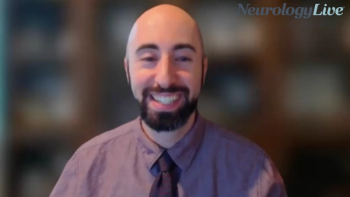
The neuromuscular neurologist at Nemours Children's Hospital in Florida talked about the increasing role of genomic medicine in neuromuscular disorders. [WATCH TIME: 4 minutes]

NLX-112 demonstrated safety and potential efficacy in reducing levodopa-induced dyskinesia and improving motor symptoms in Parkinson disease, with additional benefits seen in patients also receiving stable amantadine.
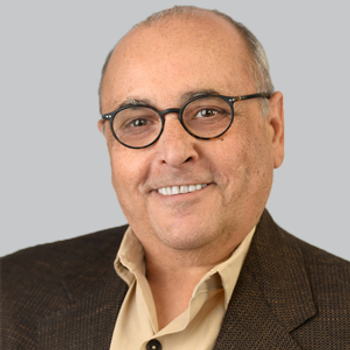
The phase 2 trial, spanning across 4 sites in the United States, evaluates dose-dependent safety, tolerability, and microglial modulation of foralumab in a cohort of nonactive secondary progressive multiple sclerosis.

In this segment, Pagan talked about how the field of neurology has changed in the last decade and shared where he sees it moving forward as well.